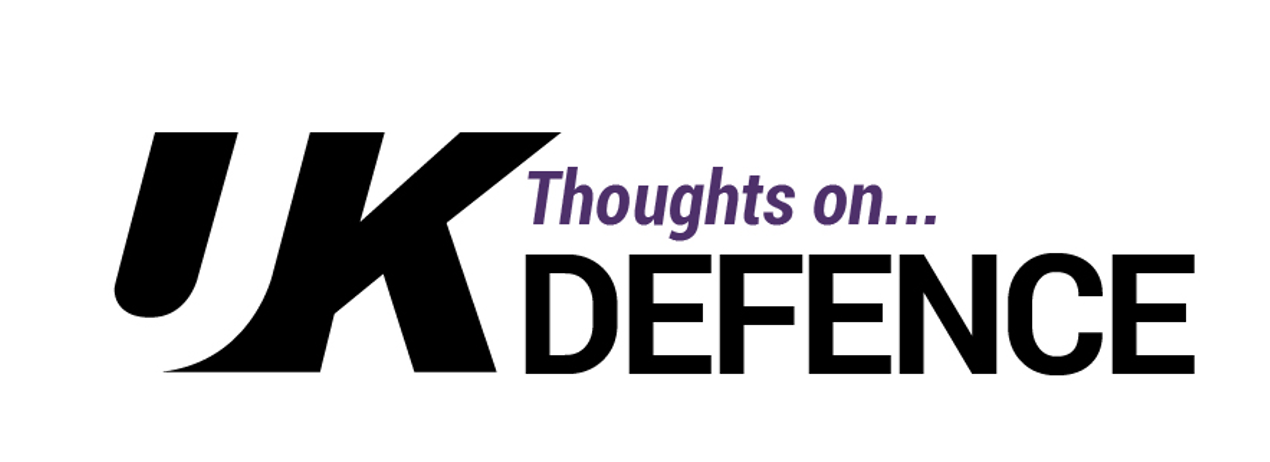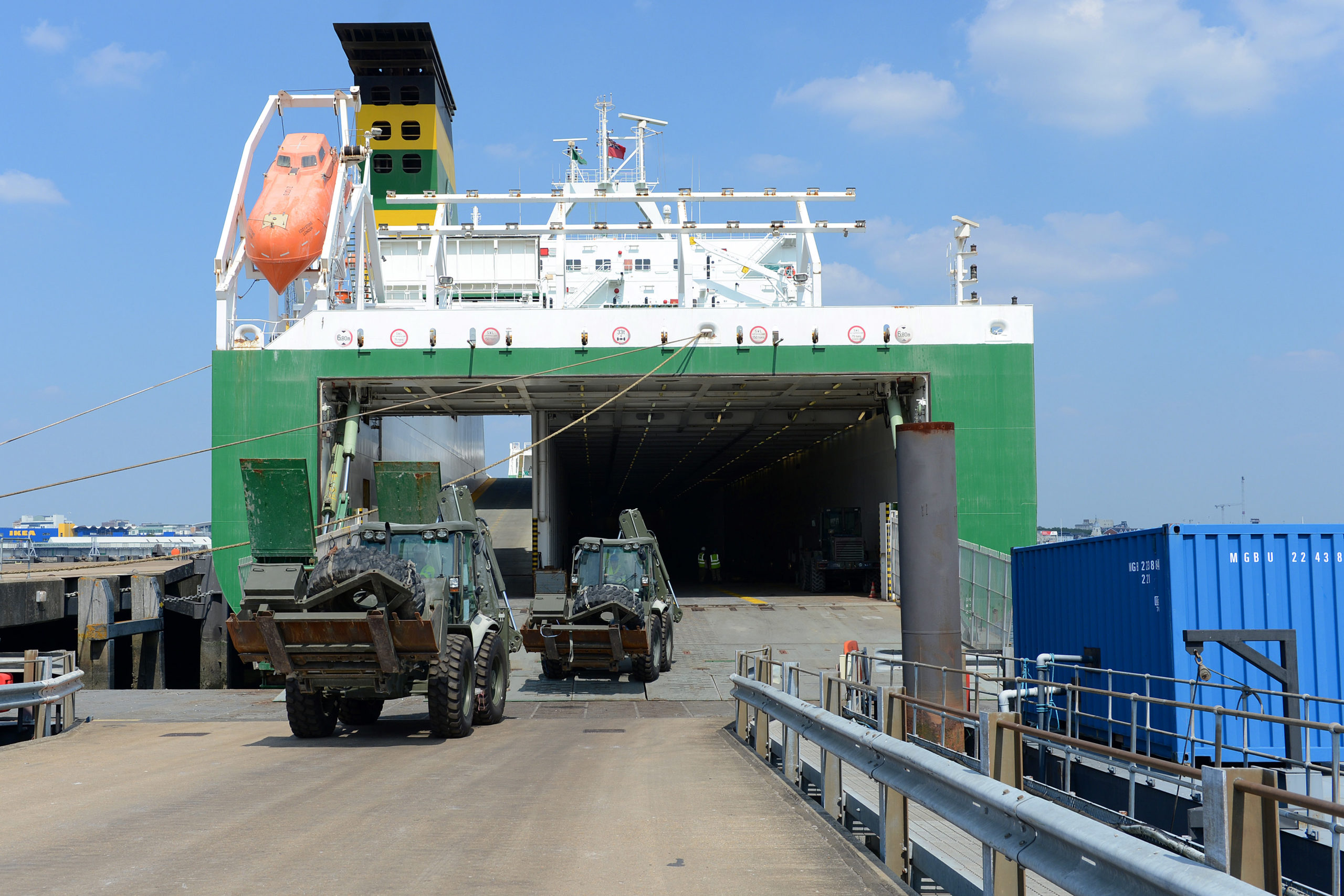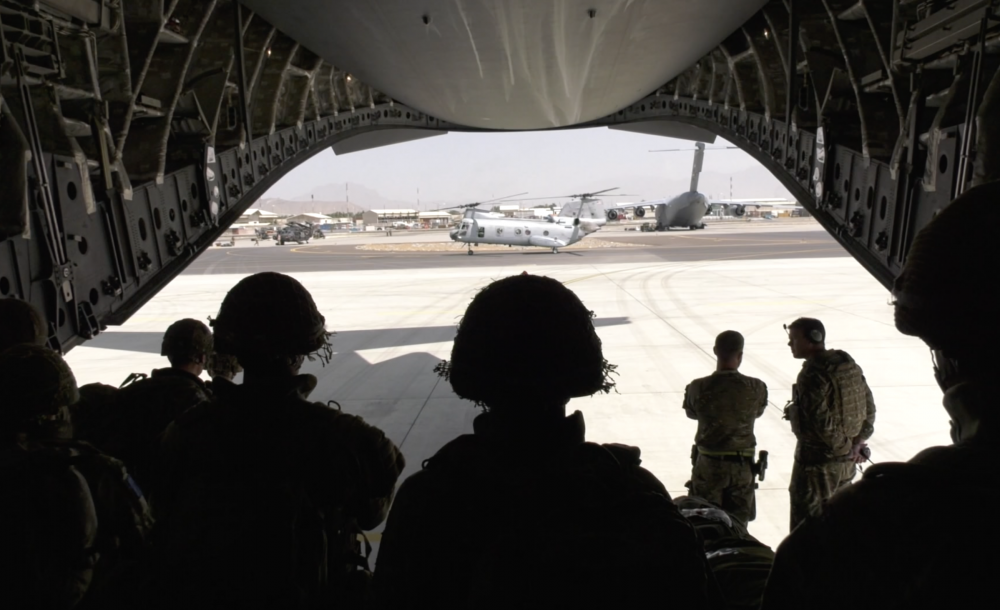In July 2019, the then Secretary of State for Defence Penny Mordaunt (Conservative MP for Portsmouth North) announced an increase in the UK’s contribution to UN operations with the deployment of a 250 personnel task group to Eastern Mali. Last week, the highly specialised reconnaissance capability, drawn primarily from the Light Dragoons and the Royal Anglian Regiment, began to arrive in country. This three-year contribution to the 14,000 strong UN mission in Mali increases the total UK footprint on UN operations to over 600. But what does the UK get from its involvement in peacekeeping operations, and is it worth the investment?
Recent UK Contributions to UN Operations
Over and above this latest commitment to the UN Multidimensional Integrated Stabilisation Mission in Mali (MINUSMA), in the last year the UK also supported UN missions to South Sudan, the Democratic Republic of Congo, Somalia, Libya and Cyprus. It is the largest contributor to the UN Peacekeeping Force in Cyprus (UNFICYP) with circa 250 troops deployed. Earlier this year, the UK completed its largest deployment of military peacekeepers in two decades as it ended its four-year commitment to the UN Mission in the Republic of South Sudan (UNMISS).
While it may sound a lot, this contribution to UN operations only places the UK 41st in the UN’s October 2020 list of 120 contributing nations, behind European neighbours such as France, Germany and Ireland, but well ahead of the Unites States and Russia (the UK will rise a number of places, including above Germany and Ireland, when its MINUSMA figures are included). That said, when it comes to financing UN peacekeeping, the UK scores much higher, with only the United States, China, Japan and Germany contributing more.
What does the UK get in return?
In a recent article, Ewan Lawson (an associate fellow at RUSI) argued that the UK should continue to be a leading contributor to UN peacekeeping operations, while also promoting a wider reform agenda of the organisation. Although some of the principles of ‘Global Britain’ may still be a little opaque, the furtherance of the rules-based international order and its institutions must surely feature high on the list. Furthermore, contributing to UN operations also strengthens UK soft power, which, following the Chancellor’s decision to cut the nation’s overseas aid budget in last month’s spending review, needs all the help it can get.
From a military perspective, a manageable rotation of force elements through UN peacekeeping operations also makes sense. Although it is hoped that the current government does not subscribe to the ‘use it or lose it’ approach to the armed forces that some of its predecessors appeared to have, meaningful employment of mainly land environment force elements can only be a good thing. Challenging operations keep soldiers both well trained and happy, which improves the army’s effectiveness and has a positive effect on its retention figures.
Finally, an increased contribution to UN operations by the UK armed forces aligns with the Engage element of the MoD’s recently launched Integrated Operating Concept, specifically a posture that is “forward deployed to assure influence, to deter and to reassure”. It also meets one of the Secretary of State for Defence’s three priorities, outlined in his recent RUSI webinar on Defence Reform:
“Adopt a proactive posture, with our forces more forward and present, more busy and assertive. A return to ‘campaigning’ and the ability to operate on both sides of the threshold.”
Conclusion
As @onUKDefence has previously discussed, UK Defence has put a lot of time and effort into both creating and publicising its new Integrated Operating Concept, and it is likely to have a significant influence on the outcomes of the Integrated Review. The Integrated Operating Concept’s direction of travel undoubtedly supports a greater use of the UK’s armed forces in trouble spots around the world, and that should include an increase in the UK’s contribution to UN operations. As part of a coordinated, national approach to a world that is becoming increasingly dangerous, this is a good thing. It will help strengthen the rules-based international order, increase the UK’s soft power, and bring more knowledge and experience to the armed forces. To that end, the juice is definitely worth the squeeze.





